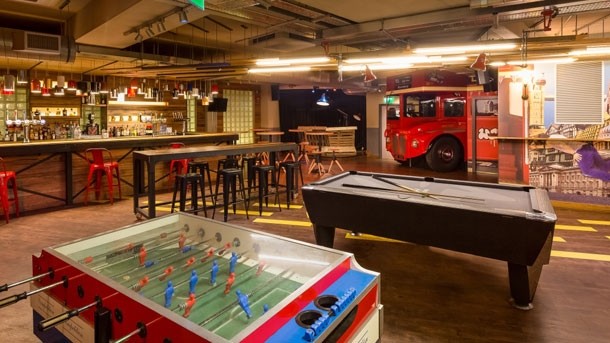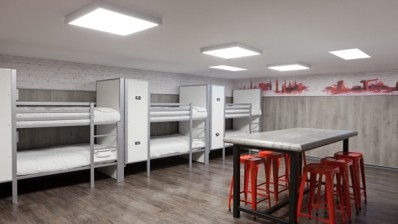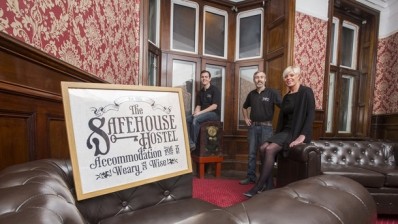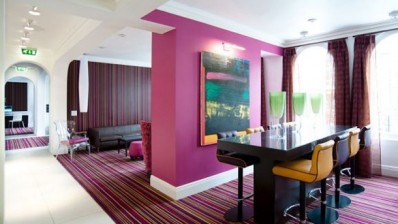Hostels and limited-service sector shows dynamic growth

The HVS report - ‘In Focus: The Hostel and Budget Traveller in Europe Gaining Momentum’ - said the hostel and limited-service sector is becoming ‘one of the most dynamic hospitality investment sectors’ due to its 'adaptability and cost-effectiveness'.
The report attributed the success of the sector to economic changes over the past seven years, which have resulted in the polarisation of the hotel market, with luxury and budget options gaining traction as the mid-market suffers.
Demand for low cost rooms has resulted in the emergence of dynamic new hostel brands, or 'poshtels', which combine the services of a hotel with the friendliness of a hostel.
The success of these brands has encouraged larger hotel brands to move into the hostel and limited service space, launching concepts such as Hub by Premier Inn and Tune Hotels. This has in turn forced independent operators to evolve and become more innovative to stand out from the crowd.
The competitive nature of the sector, combined with its adaptability, means it is very attractive to investors, and HVS predicted continued growth going forwards.
“The vibrant hostel and limited service segment now presents the consumer with more options and the investment market with more considerations,” said report co-author Harry Douglass, an associate at HVS.
“As a result transaction activity is particularly healthy in this sector and we envisage this will continue.”
Hostels vs limited service
Looking at the two markets in isolation, the report said the more mature limited-service hotel sector could ‘no longer be simplified as a budget option for guests who prioritise price over experience’.
It highlighted a number of challenges in the limited-service sector, not least the movement of hostels into the conventional hotel space, with operators targeting segments beyond their core school group and backpacker markets.
It estimated that 10 per cent of commercial hostel guests are now corporate, with 10 per cent couples, 15 per cent families, 30 per cent single tourists and just 35 per cent schools and youth groups.
Although lack of data makes it difficult to establish the performance of hostels, HVS said they could expect to achieve a similar or even higher RevPAR than a comparable limited service hotel.
HVS noted that limited-service operators which manage guest expectations and deliver more than expected are the most likely to succeed going forward.
“This can manifest itself through quirky decoration in hotel bedrooms which make a property more interesting or bespoke; providing amenities and comforts typically only found in higher priced hotels; or generating a sense of family amongst staff that encourages proactive service and a reward structure that empowers employees to give a personalised service,” it said.
“Operators which do these things well have full properties and are able to yield room revenue whilst optimising additional spending on food and beverage meetings and events income.”


















